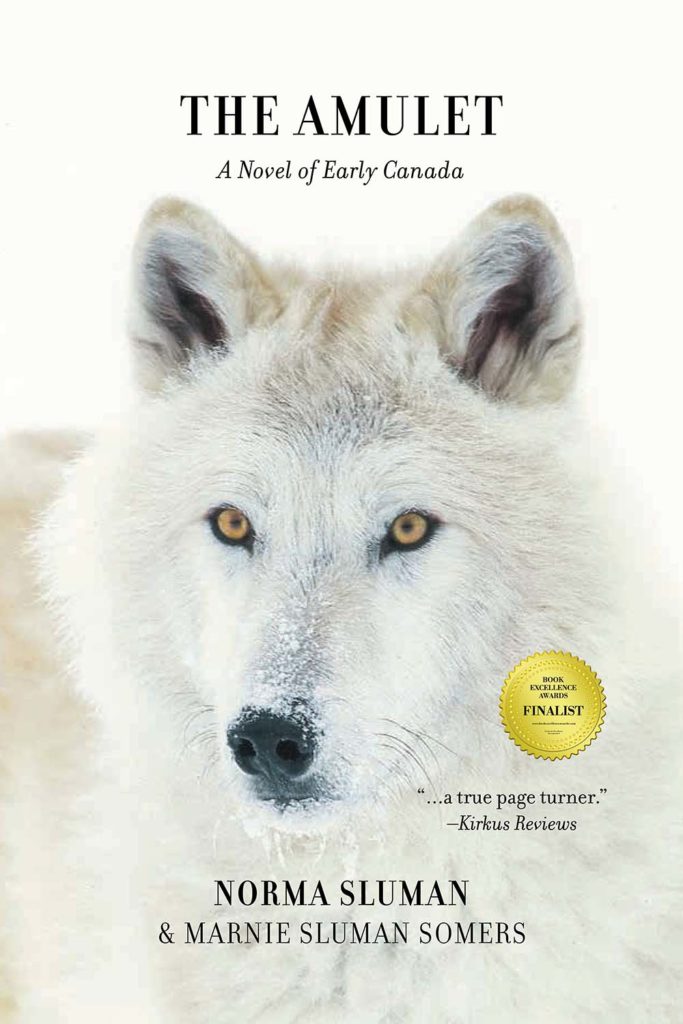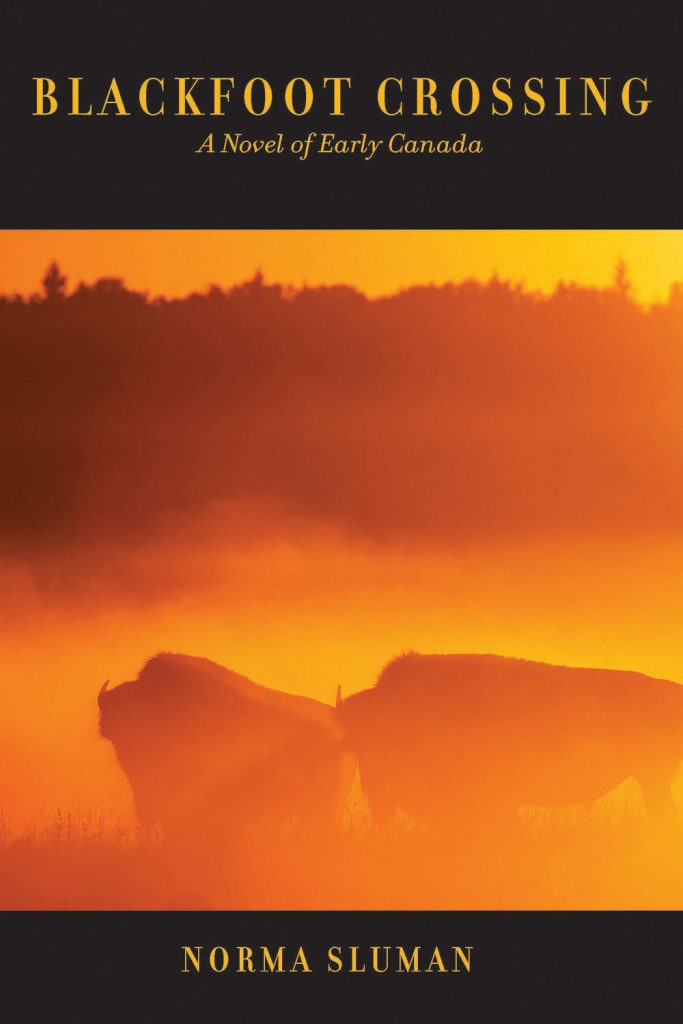Photo by Kyle Glenn on Unsplash
Let’s talk about being uncomfortable. I’ve written before that if you’re comfortable then you aren’t learning anything, and I firmly believe that learning, growing, and changing require our discomfort. But if we, as writers, want to write anything meaningful there are other reasons why it’s important for us to be uncomfortable.
Truth Isn’t Comfortable
“One of the central tools of literature is using the “lie” of a made-up story to tell a human truth.”
– Neil Gaiman
Stories are a way to talk about truth. I find that the truth in stories is usually more tangible, nuanced, and understandable than facts and statistics. Maybe it’s because stories speak to a different part of our minds and hearts than numbers. Maybe it’s because stories allow us to see individual human experiences in ways we can’t in real life. Maybe it’s just easier to think about uncomfortable true things when we have a little bit of distance from them. Whatever the reason, it’s undeniable that stories help us understand the truth about the world and each other.
We’re writers. Telling stories is what we do. Which means talking about truth is what we do and truth isn’t comfortable. If we’re comfortable while we’re writing are we being honest? Are we writing about truth or are we hiding from it?
Reality Isn’t Comfortable
Writing always has some kind of relationship to reality. If we’re comfortable when we’re writing then we aren’t paying attention; we are either ignorant or lying to ourselves.
Our world is full of uncomfortable realities—racism, climate change, gender inequality, the fact that only a portion of our population have food security, are protected from poverty, and have access to affordable housing and quality healthcare, the truth that for many people the world is not a safe or easy place to be who they are.
If you’ve had the privilege of being unaware of these things until now I’d imagine it’s become harder and harder to ignore them. Maybe you used to think that racism and sexism were problems of the past that have been solved. Maybe you thought that climate change either wasn’t real or is only a minor problem that doesn’t really make a difference to your life. Maybe you thought that people who are not able-bodied, straight, or cis-gendered are welcomed and accepted and included “just like everyone else”. Maybe you thought that anyone who tries hard enough can be successful and avoid homelessness and poverty. But if you take an honest look at the world around you and really listen to the people who live in it can you believe any of those things now?
Honest writing speaks to the hearts of readers. Which means writers need to be honest about the way the world actually is. We need to write about real people. We need to write about the world as it actually is, as it could be, as it might become.
Fiction is About Truth Too
Let me be clear, I’m not only talking about non-fiction here. Fiction is about truth too. I don’t mean that the stories we’re telling are factually true. I don’t mean that the places, things, people, or events in the stories are real either. What I mean is every story tells the truth in some way. Stories tell the truth about relationships, places, people, feelings, hope, justice, about the way the world is, or the way we think it is, or the way we want it to be. Sometimes stories tell the truth about their author.
Let’s make sure that we aren’t clinging to the stories, versions, and parts of the truth that make us comfortable because clinging to comfort, sameness, and familiarity makes us blind to the truth of the world around us. Quite often our need to feel comfortable means that we erase, ignore, or dismiss the suffering of others to preserve our own comfort.
This week’s assignment:
Be honest. How do you feel about being comfortable/uncomfortable? How important is it to you? Have you ever thought about how being comfortable relates to your writing? How do you react when you begin to be uncomfortable or if you’re confronted with something uncomfortable?
Explore. How did you feel when I started talking about racism, sexism, climate change, and poverty? Did any of those things make you uncomfortable? Do some writing about this. Be honest with yourself about why you’re uncomfortable and see what kind of truth you can discover.
Note: The best place to think about these things is in the privacy of your journal or on the unpublished page. Think things through and do lots of reading and listening before you open your mouth (or your keyboard or your pen) and cause harm.
Stories and writing are a way to explore, disrupt, and question things which have been generally accepted as true, which means if you have the ability to write and there are people who read your writing you have power. How are you going to use it?
I’d love to hear about the truth you’re telling in your writing and how you feel about it. Let me know in the comments below.
If you’re interested in reading more about stories and truth check out Thomas King’s The Truth About Stories: A Native Narrative
I’m learning and writing with you,

Laurie MacNevin, HF Associate Editor
Laurie is an editor, writer, and researcher. Her deep love of stories led to an Honours degree and a Master’s degree in English Language and Literature from the University of Windsor. Originally from Southern Ontario, Laurie has lived in Manitoba for more than ten years, exploring the stories, landscape, plants, and people of some of the most remote parts of the province including three years in Churchill and two years in God’s Lake Narrows First Nation. Laurie and her family now live on an acreage outside of Carberry.
Not a member of our FREE Book of the Month Club yet? What are you waiting for?
Want a chance to win a free book written by a different Canadian author? Join our Free Book of the Month Club! Every month we review a book by a Canadian author and give it away to one of our email subscribers. Our goal is to share the work of other Canadian authors to help readers find other writers.




